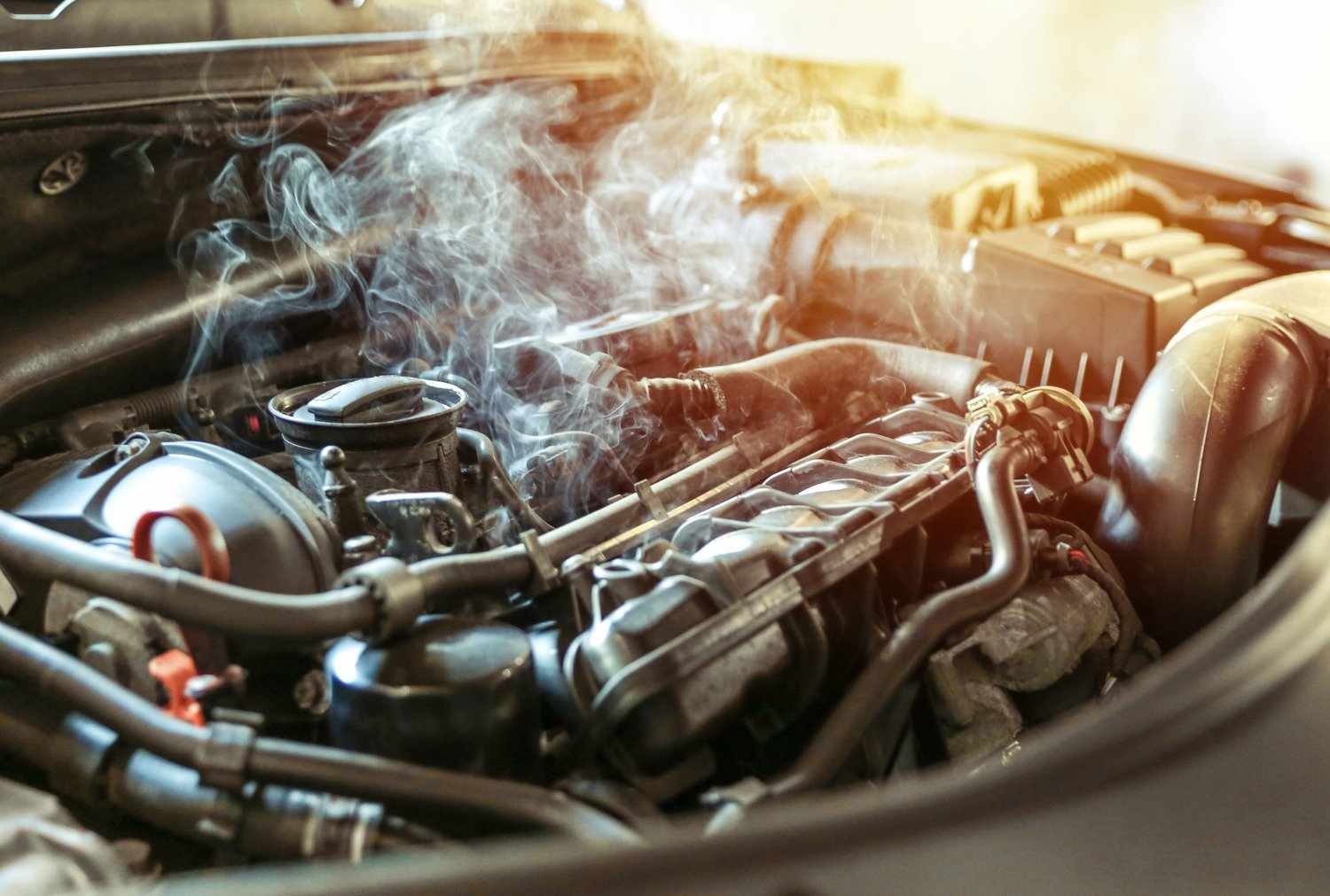
Key Takeaways:
- Car overheating is a common issue caused by low coolant levels, a malfunctioning radiator, or a faulty thermostat.
- Regular maintenance and early detection of symptoms can prevent many overheating problems.
- Understanding the common causes of overheating can help you take the necessary steps to keep your car in good condition and avoid significant repair costs.
Table of Contents:
- Introduction
- Common Causes of Car Overheating
- Recognizing Overheating Symptoms
- What to Do When Your Car Overheats
- Preventative Measures to Avoid Overheating
- The Importance of Regular Car Maintenance
- Conclusion
Introduction
Car overheating is an issue that almost all vehicle owners may encounter at some point. Whether you’re driving an older or newer model, the potential for your engine to overheat remains a concern. Understanding the fundamental reasons your car might overheat and the proper steps to take in response can prevent long-term damage and provide peace of mind. This article examines why cars overheat, how to identify the symptoms, and the best ways to avoid and deal with this problem.
Common Causes of Car Overheating
Several factors can lead to a car engine running hotter than it should. One of the most common causes is low coolant levels. The heat from the engine is absorbed by coolant, also known as antifreeze, and released through the radiator. Without sufficient coolant, the engine can quickly reach dangerous temperatures. Similarly, a malfunctioning car radiator Winter Garden FL, clogged with debris or suffering from leaks, can prevent proper heat dissipation. The thermostat, which regulates the coolant flow, may also become stuck. If stuck closed, it can prevent coolant from circulating, leading to overheating. A failed water pump, typically responsible for maintaining coolant flow, may also be the culprit if it doesn’t operate correctly.
Other reasons include a broken radiator fan, crucial for pulling air through the radiator to cool the engine. Faulty hoses and belts can also cause problems if they hinder coolant circulation or lead to leaks. In some cases, issues with the exhaust system may cause the engine to overheat if the gases aren’t appropriately expelled. Checking these components regularly can help pinpoint potential problems before they escalate.
Recognizing Overheating Symptoms
Recognizing early signs of overheating is critical to prevent damage to your engine. The temperature gauge on your dashboard is one of the first signs, and it should stay within the typical range. If it spikes into the red, this indicates an overheating engine. Another common symptom is steam or smoke from under the hood, often resembling smoke but typically a sign of coolant boiling. You may also notice unusual smells, such as a sweet odor from antifreeze leaks or burning oil. In addition, engine performance issues, including reduced power and hesitation, may occur if overheating worsens.
Unfamiliar noises like ticking or knocking can also signify heat-related engine trouble. If you hear any of these symptoms, acting promptly to prevent further damage is crucial.
What to Do When Your Car Overheats
If you find yourself with an overheating car, knowing how to respond safely is essential. Firstly, turn off your air conditioning to reduce engine load and switch on the heater to draw heat away from the engine. Find a safe place to pull over, turn off the engine, and allow it to cool for at least 30 minutes. Never open the radiator cap while the engine is hot; this could result in steam or hot coolant burns.
After cooling, check coolant levels and add coolant if necessary. Inspect for any evident leaks or damages to hoses and arrange for a tow or drive carefully to the closest service center if repairs are required. Keeping an extra coolant bottle in your car for emergencies can be a helpful precaution.
Preventative Measures to Avoid Overheating
Prevention is always better than a cure. Regular coolant checks ensure your vehicle’s cooling system functions optimally. Flush the cooling system and replenish it according to your vehicle’s maintenance schedule to prevent debris build-up that could obstruct flow and lead to overheating. It is equally crucial to monitor and replace the thermostat if there are any signs of wear or malfunction.
Ensuring the radiator fan is operational is another crucial step, as a faulty fan will not draw enough air through the radiator to cool the engine. Check belts and hoses for wear and tear and replace them as needed to prevent leaks and guarantee adequate circulation. Thus, addressing these components periodically can significantly reduce the risk of overheating.
The Importance of Regular Car Maintenance
Preventing overheating issues is primarily dependent on routine maintenance. Engine temperature-related and unexpected problems are less likely to occur in a well-maintained car. Regular oil changes help keep the engine lubricated, friction-free, and control engine temperature. Moreover, maintaining the correct oil levels is necessary to prevent overheating since oil acts as both a lubricant and a coolant. A competent mechanic’s routine checks enable the early identification of possible problems, like minor leaks or broken components that could jeopardize the cooling system.
Investing in preventive maintenance ensures your vehicle’s longevity and enhances your safety on the road by minimizing the risk of sudden failures and potential accident scenarios related to engine overheating.
Conclusion
Understanding why your car might overheat and what you should do in response is crucial for maintaining your vehicle’s health and safety. Understand the signs and causes of overheating so that you can take preventative measures against this frequent problem. Whether it’s ensuring your coolant is topped up, regularly checking the condition of your radiator, or having a comprehensive maintenance routine, each action contributes significantly to preventing overheating. By keeping your car’s cooling system in optimal condition, you not only extend the life of your vehicle but also ensure that you can drive with confidence, knowing that you’re prepared to handle any overheating issues effectively. To prevent the discomfort and the risks of an overheating car, your most excellent defenses are proactive maintenance and education.




